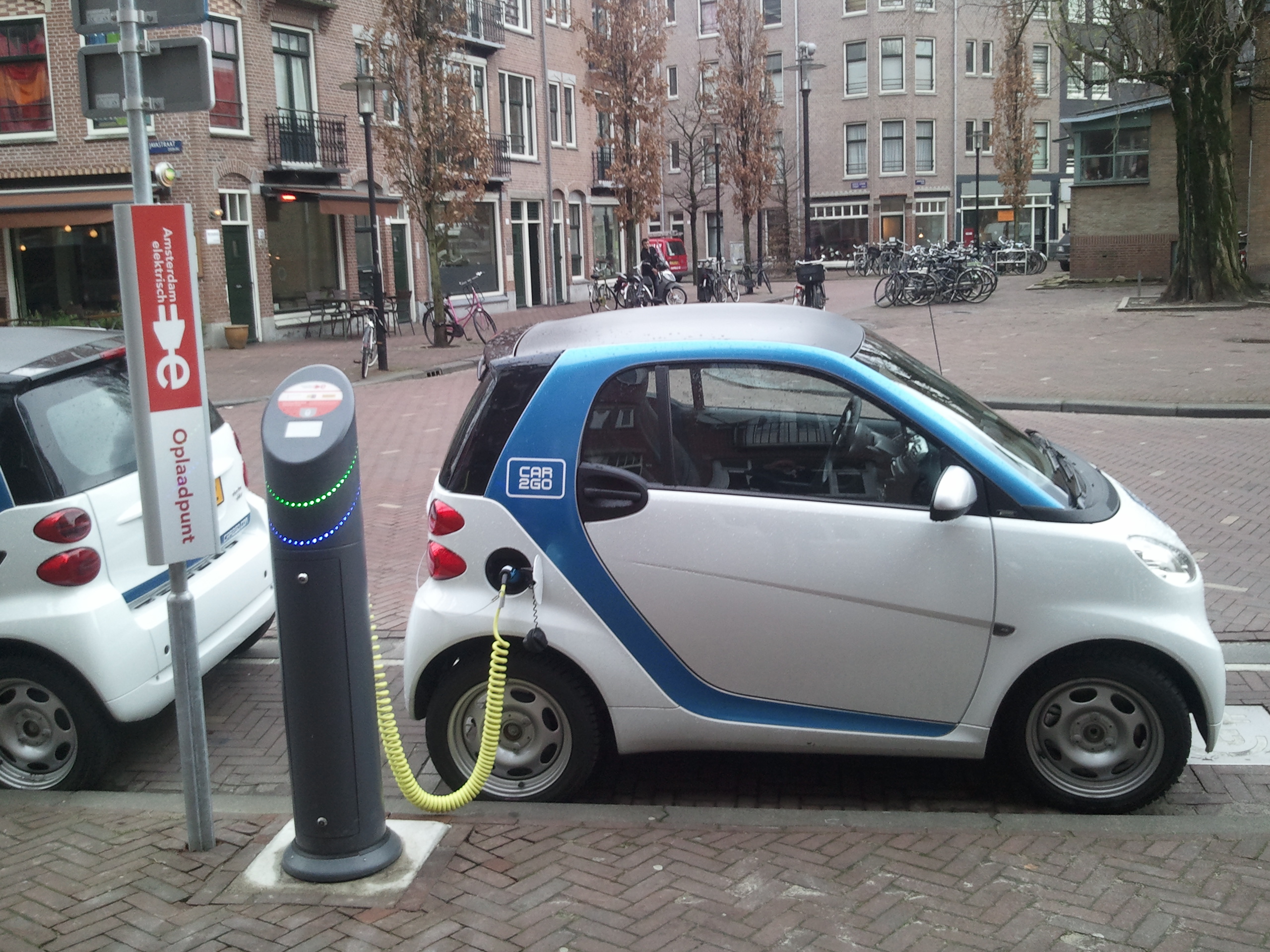
Does throwing money at buyers help sales of electric cars?
Norway and the Netherlands are the world’s leading countries for electric car use, but also the countries that spend most money making e-vehicles attractive to buyers. These are the findings of a new report by the International Council on Clean Transportation (ICCT) on the take-up of electric vehicles. T&E says the report shows that money alone will not grow the electric car market.
Interested in this kind of news?
Receive them directly in your inbox. Delivered once a week.
Sales of electric vehicles have now exceeded 200,000 a year, reaching levels where reasonably accurate information can be found about which incentives help attract buyers and which do not. This prompted the ICCT to look at the relationship between incentives and take-up in eight European countries plus China, Japan and the US. The study found that only in countries with substantial financial incentives (Norway and the Netherlands) or legal requirements for supplying electric cars (California) do e-vehicles account for more than 1% of new cars sold.
The report, entitled Driving Electrification, says Norway tops the league for electric car take-up with 6.1% of the country’s car sales in 2013 being electric and plug-in hybrid. The Dutch were also above 5%, but none of Denmark, Austria, Germany, the UK or China exceeded 0.3%. However, Norway and the Netherlands have the highest incentives, in the form of purchase and registration tax exemptions and fuel prices.
The report looked at the cost of buying and running an all-electric Renault Zoe and compared it with Renault’s equivalent petrol car, the Clio. In Norway, lower running costs and tax incentives for the Zoe are worth more than €11,500 which makes it financially more attractive than the Clio, whereas in Germany the Clio is more attractive as the Zoe only attracts €1,362 in fiscal incentives.
Greg Archer, T&E’s vehicles manager, said: ‘This report demonstrates what T&E has been saying – that throwing money at car-buyers is not a sustainable solution for accelerating the take-up of electric cars. Instead we need to make electric cars more attractive. An obvious way is to provide incentives for stimulating the shared use of electric vehicles, like shared ownership of electric cars for private citizens and electric vans for urban delivery.’
The report found there were factors other than simply price that affect the take-up of electric vehicles. In California there is a regulation requiring car makers to supply a certain number of what are called zero-emission vehicles (no emissions from the vehicle itself), and the authors highlighted both parking benefits and a consumer culture that make it attractive to try out new technologies. By contrast, in the UK the take-up of electric cars has been relatively slow despite incentives of around €6,000.
In a separate development, the Japanese car maker Nissan has announced it has begun a second production line in Europe for electric vehicles. It already produces the Nissan Leaf electric car in the British town of Sunderland, and earlier this month it began producing the e-NV200 electric van in Barcelona.
